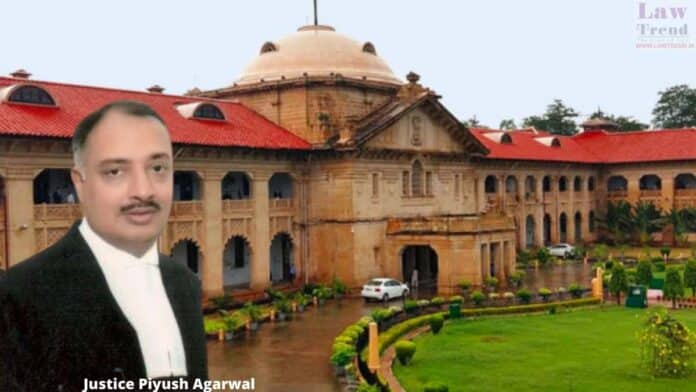In a significant judgment, the Allahabad High Court ruled that arbitral awards can only be challenged on narrow grounds, affirming the principle of minimal judicial interference in arbitration matters. The court dismissed two appeals filed under Section 37 of the Arbitration and Conciliation Act, 1996. The appeals were led by Vivek Nayak (Deceased), represented by
To Read More Please Subscribe to VIP Membership for Unlimited Access to All the Articles, Download Available Copies of Judgments/Order, Acess to Central/State Bare Acts, Advertisement Free Content, Access to More than 4000 Legal Drafts( Readymade Editable Formats of Suits, Petitions, Writs, Legal Notices, Divorce Petitions, 138 Notices, Bail Applications etc.) in Hindi and English.




